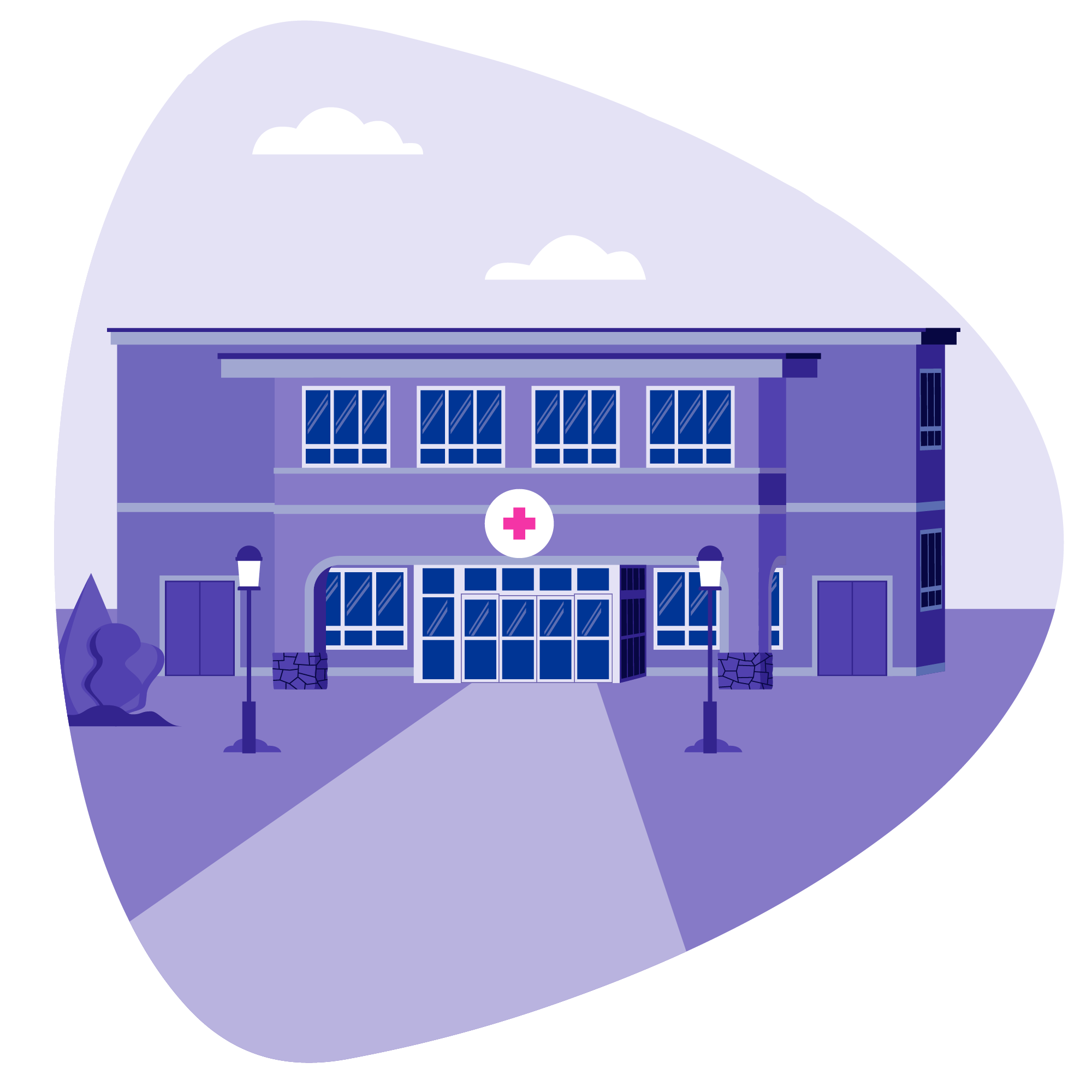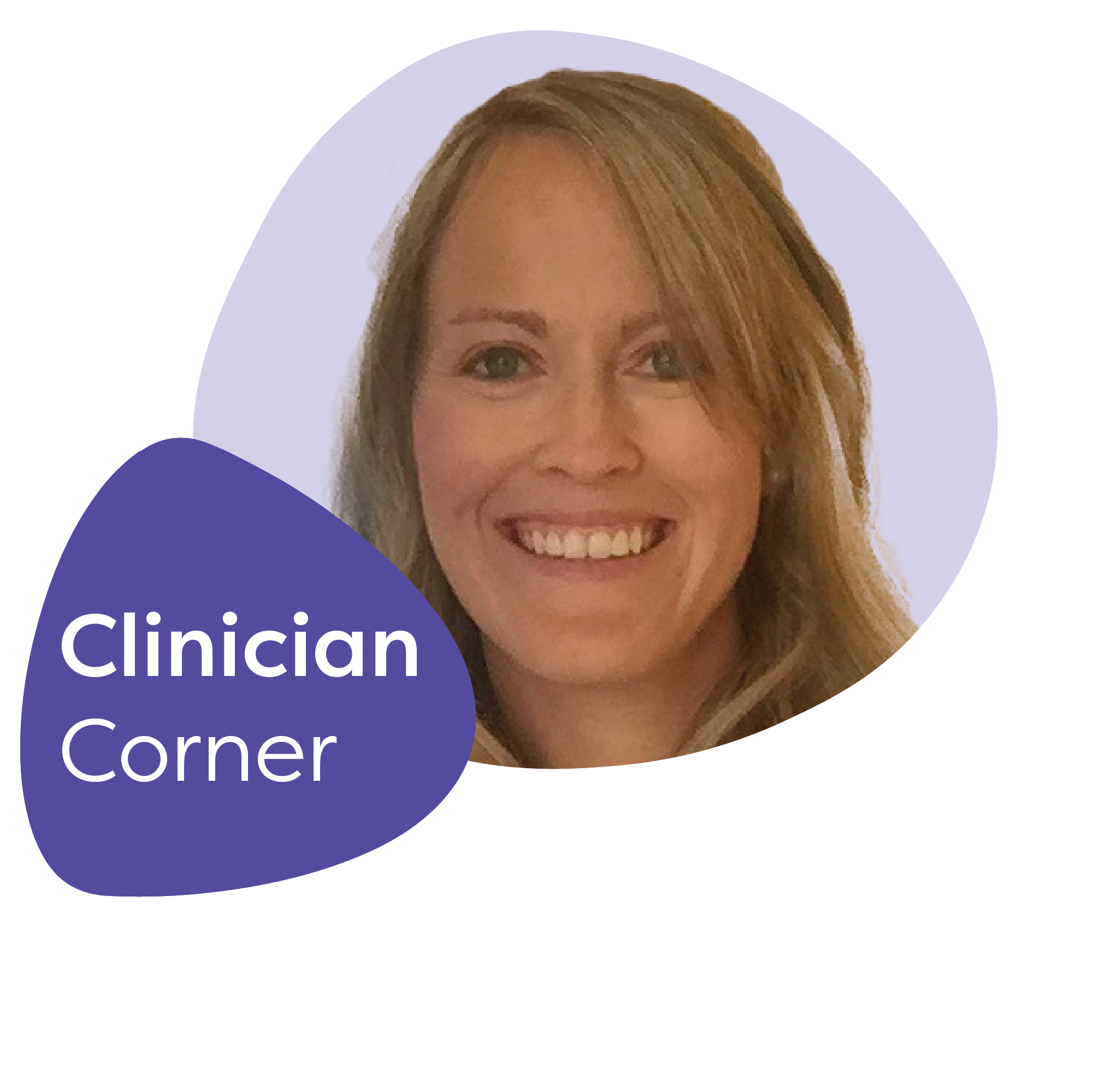Ensuring patients with a mental health diagnosis get the best short-term care possible after their hospital visit is essential. In fact, clinical best practices and various guidelines recommend that 100% of patients leaving the ED with a behavioral health diagnosis should receive follow-up within the first seven days. However, that process is done less than half the time nationally.
For health systems, solutions like Bridge Care Services can help deliver the quality, short-term care needed to support effective patient outcomes and experiences. But, how does bridge care work, and how does it help ensure patients get the care they need in a way that’s financially and organizationally sustainable for health systems? Keep reading to learn more.
Want to jump ahead? Feel free to navigate this piece using the table of contents below:
The challenges hospitals face with short-term behavioral health care
Why patients benefit from short-term care after discharge
The power of high-quality care and support after discharge
Short-term behavioral health care in action
Where Iris Telehealth fits in
The challenges hospitals face with short-term behavioral health care
When it comes to meeting the needs of patients with behavioral health diagnoses, hospitals, and health systems face challenges related to behavioral health staffing and the ability to provide timely, efficient care. While many patients need care, there aren’t enough providers to facilitate treatment. Currently, hospitals face staffing challenges for case managers, licensed clinal social workers (LCSWs), psychologists, and psychiatrists.
Additionally, pulling together a safe discharge plan can be exceptionally challenging for case management teams, especially if the patient isn’t plugged into an outpatient team. If patients can’t access effective follow-up care after discharge, hospitals may experience an increased risk of readmission, and patients may be more at risk of worsening symptoms. For example, if patients aren’t set up with a provider who can help with medication or therapy (or both) upon discharge, they may risk relapse of unsafe behaviors and medication non-compliance.
Despite these challenges, setting up a solution like Bridge Care Services, for short-term care can help promote positive patient outcomes. This solution fills short-term gaps in ambulatory and post-acute behavioral health care by accelerating access to specialists, achieving measurement-based outcomes, and optimizing reimbursement for a financially sustainable behavioral health program.
Why patients benefit from short-term care after discharge
Patients who enter the post-acute referral queue need care that’s more efficient than what’s offered in traditional outpatient care. These patients are at particularly high risk when they move from intensive acute care to wait for their next outpatient appointment. Ideally, these patients should be seen quickly upon discharge. However, due to a lack of resources and extensive waitlists, they may end up waiting for long periods to see an outpatient provider or may need to return to their primary care provider for a follow-up appointment.
When these patients leave the hospital system, they’re often starting medications or getting medications adjusted. These patients need close follow-ups with labs to ensure they’re tolerating their medicines at the right dose.
Additionally, there are a lot of stressors that come with being discharged. For instance, the hospital creates a very structured environment for the patient where they receive three warm meals daily, have housing, and have supportive people surrounding them. However, when discharged, they may be sent back to the environment that initially triggered them, or did not optimize structure and support needed for on-going recovery and healing.
Treatment isn’t complete once a patient is discharged. While their symptoms may have improved with their current treatment plan, they must be continually assessed, monitored, and potentially adjusted at a lower level of care. All of these considerations make short-term care essential.
The power of high-quality care and support after discharge
A dedicated bridge care program solves access at scale. When a hospital or health system has an extensive referral queue, this solution helps patients get care in a timely manner. Bridge Care Services bridges the gap with short-term care and helps ensure patients can be safely managed by their primary care provider or can safely land with a long-term behavioral health provider.
Here are a few keys to success that Bridge Care Services offers:
- Financially sustainable programming: Hospitals and health systems can have a financially sustainable program by leveraging a billable navigation assessment and driving top-of-license care.
- Top-of-license work: At Iris Telehealth, we’ve seen health systems leverage psychiatrists for visits that could be handled in a lower level of care. In some cases, primary care providers refer patients to psychiatrists who could be seen by a therapist or a psychiatric mental health nurse practitioner (PMHNP). As a part of the navigation assessment within bridge care, this solution helps ensure everyone is working top of license.
- Improved clinical care and outcomes: By providing quality, timely care to patients, bridge care improves patient symptoms, reduces hospitalization and escalation of care, and ensures patients are getting better sooner and don’t drive escalations into high acuity levels.
- Turnaround time for follow-up visits: Bridge care helps ensure visits happen quickly and make it a quality measure. When assessing, the rule of thumb is to see a patient within seven days of discharge.
- Pool of resources: This solution helps the inpatient team know they have a pool of resources for the patient when they’re trying to arrange follow-up appointments. If there’s a gap, these resources ensure the patient has a safe landing out of the hospital/outpatient setting.
- Warm hand-off for patient care: Effective communication during the hand-off is crucial for success. At Iris, we use the same electronic health record (EHR) as the healthcare organization, and can help ensure the assessment and notes are documented for the primary care physician and therapist.. The hand-off ensures seamless communication and updates the next provider on the treatment plan, including medication adjustments and patient progress.
Short-term behavioral health care in action
Effective short-term care requires dedicated providers who can deliver appropriate care to patients for approximately 90 days following the initial assessment. For patients who require medication management, effective short term bridge care can include three total visits – one 60-minute initial consultation and two 30-minute follow ups. For those requiring therapy services, many patients require six sessions over the 90 days.
By working with a telehealth solution that is technology-neutral and can integrate into an organization’s patient outreach process, healthcare organizations can seamlessly ensure patients receive the short term care they need to address their mental health conditions and develop treatment plans as needed.
Here’s what people are saying about utilizing Bridge Care Services at their organization:
“One of the biggest advantages was gaining access to a national pipeline. It can be tough to recruit in a rural market, and now we can get talented providers in the door much quicker than before. As a result, we got 20 or so highly talented, very bright and motivated providers on our team in a matter of months.”
Benjamin C. Gonzales, operations manager II, virtual care, at Geisinger Health
Where Iris Telehealth fits in
Bridge Care Services helps ensure patients can manage their symptoms and reach an improved state where they can live a happier, more balanced life. If you’d like to learn how you can best support the patients seeking mental health care in your hospital or health system, contact us today!



